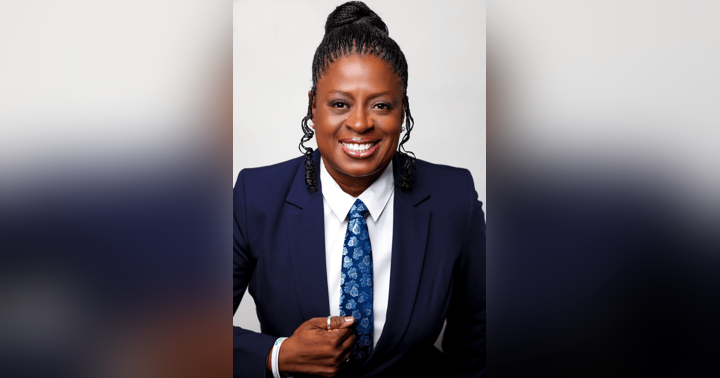The Eight Types of Aging: Understanding the Differences

Introduction: Exploring the Nuances of Aging
Aging is a complex and multifaceted process that affects us all differently. From physical and cognitive changes to social and emotional shifts, the aging process can bring a range of challenges and opportunities.
In this blog post, we'll delve into the eight distinct types of aging identified by experts, exploring their unique characteristics, potential health implications, and how they can impact our lives and well-being. By understanding these different types of aging, we can gain valuable insights into our own aging journey and develop strategies to support ourselves and our loved ones as we navigate this inevitable part of life.
Understanding the Eight Types of Aging
- Successful Aging: Characterized by high levels of physical, cognitive, and social well-being, successful aging involves maintaining independence, purpose, and a sense of fulfillment.
- Optimal Aging: Similar to successful aging, optimal aging emphasizes maximizing health and well-being throughout the aging process, with a focus on preventive care and lifestyle modifications.
- Compensated Aging: This type of aging involves experiencing some age-related declines but compensating for them through adaptive strategies, such as using assistive devices or modifying activities.
- Normal Aging: Refers to the gradual, expected physical and cognitive changes that occur with age, such as decreased muscle mass and reaction time.
- Pathological Aging: Characterized by the development of chronic diseases, such as Alzheimer's disease or heart disease, which can significantly impair health and well-being.
- Premature Aging: Occurs when individuals experience age-related changes at a younger age than expected, potentially due to genetic factors or environmental stressors.
- Accelerated Aging: This type of aging involves a rapid decline in physical and cognitive function, often associated with certain medical conditions or lifestyle factors.
- Frail Aging: Characterized by a decline in physical and cognitive function, as well as an increased risk of falls and other health complications.
Physical and Cognitive Changes Associated with Aging
As we age, we experience a range of physical and cognitive changes, some of which may be more noticeable than others. These changes can include:
- Physical Changes: Reduced muscle mass and strength, decreased flexibility, decreased bone density, changes in vision and hearing, increased risk of falls.
- Cognitive Changes: Slower processing speed, reduced attention span, memory lapses, decreased problem-solving abilities.
It's important to note that not everyone experiences these changes at the same rate or severity. Some people may maintain relatively good physical and cognitive function throughout their later years, while others may experience more significant declines.
Adapting and Supporting Aging Individuals
As we age, it's essential to adapt our lives and support systems to meet our changing needs. This may involve making modifications to our homes, adjusting our activities, and accessing appropriate healthcare services.
For individuals experiencing more significant declines in physical or cognitive function, additional support may be necessary, such as:
- Home modifications: Installing grab bars, ramps, and other safety features
- Assistive devices: Using canes, walkers, wheelchairs, or other devices to assist with mobility
- Caregiving services: Hiring professional caregivers or relying on family and friends for assistance with daily tasks
By providing appropriate support, we can help aging individuals maintain their independence, safety, and well-being.
Promoting Happy and Positive Aging
Aging doesn't have to be a time of decline and despair. By embracing a positive mindset and engaging in activities that bring us joy and fulfillment, we can promote happy and healthy aging. Here are some tips for successful aging:
- Stay active: Regular exercise is essential for maintaining physical and cognitive health.
- Eat a healthy diet: A balanced diet provides essential nutrients and protects against chronic diseases.
- Get enough sleep: Sleep is crucial for overall health and well-being.
- Connect with others: Socialization is important for mental and emotional health.
- Find purpose and meaning: Engage in activities that give you a sense of purpose and fulfillment.
Conclusion
The aging process is complex and multifaceted, affecting each of us in unique ways. By understanding the different types of aging, we can gain valuable insights into our own aging journey and develop strategies to support ourselves and our loved ones.
Remember, aging doesn't have to be all about decline and despair. With a positive mindset and a focus on maintaining our physical, cognitive, and social well-being, we can promote happy and healthy aging.
For more in-depth insights and practical tips on aging gracefully, be sure to check out the related episode of The Healthy, Wealthy, and Wise Podcast, featuring a conversation with Dr. William Choctaw, MD, JD, where we explore the eight types of aging in detail.




